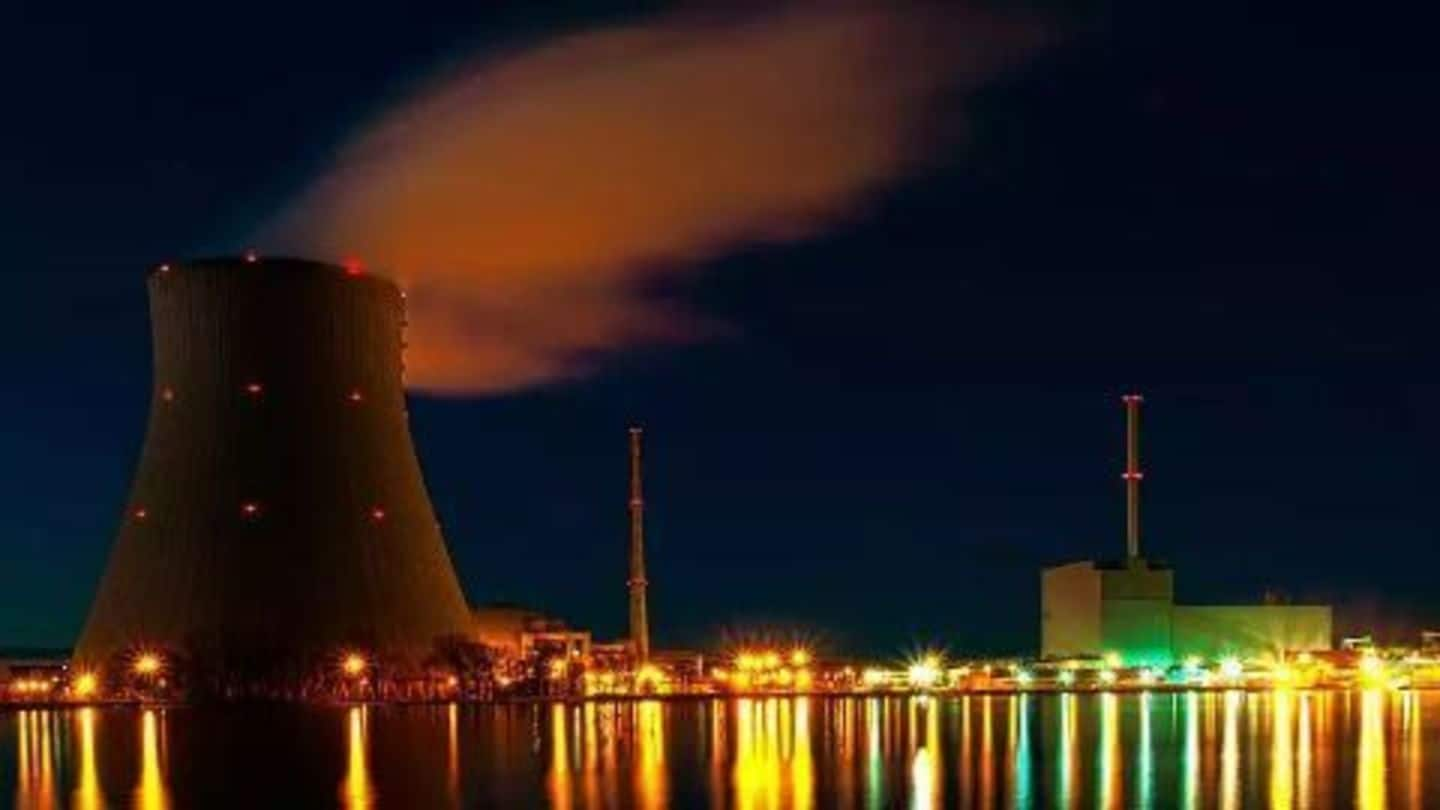
India ratifies nuclear compensation convention
What's the story
After 5 years, India has ratified the Convention on Supplementary Compensation (CSC) on nuclear damage which was signed by India in October 2010. The pact delineates parameters for liability of nuclear suppliers in case of a nuclear accident and provides for compensation. It is expected to give a fillip to investments in nuclear energy from foreign nuclear corporations and help meet India's energy needs.
About
What is CSC?
The Convention on Supplementary Compensation is an international agreement which provides for creation of an international fund to compensate victims of nuclear mishaps. It supplements national efforts and covers nuclear damage to the extent of a nation's exclusive economic zone, 200 nautical miles from baseline into the sea. It also sets parameters related to time limits for legal actions, insurance, single competent courts, etc.
Information
CSC comes into force
The CSC was adopted by IAEA (International Atomic Energy Agency) on 12th Sept'97 and came into force in Apr'15. In India, the convention will come into force on 4th May'16, 90 days after submission of the ratification instrument.
13 Jun 2015
India sets nuclear insurance pool
In a bid to address the concerns of nuclear suppliers over the Civil Liability for Nuclear Damage Act wherein suppliers can be made liable for nuclear accidents, India setup a nuclear insurance pool. The Rs.1500 crore nuclear insurance pool will provide insurance to nuclear power plants and reduce the burden from nuclear suppliers. This would encourage them to set up more nuclear plants.
Need
Why did India sign CSC?
After signing of the Indo-US nuclear deal, India had framed the Civil Liability for Nuclear Damage Act, 2010 to provide compensation in case of a nuclear accident. However, the US raised concerns that India's Civil Liability for Nuclear Damage Act is not compliant with the CSC. Hence, to allay the concerns, India had signed the convention in 2010 but was not ratified until yesterday.
Benefits
Unleashing the nuclear energy sector
The ratification will help allay fears of foreign companies who were reluctant to invest in India. Hence, it will facilitate investment by foreign nuclear companies including those from the US and utilize India's nuclear energy potential in solving India's energy needs. With the ratification, India becomes part of a global regime for compensation of victims of nuclear accidents.